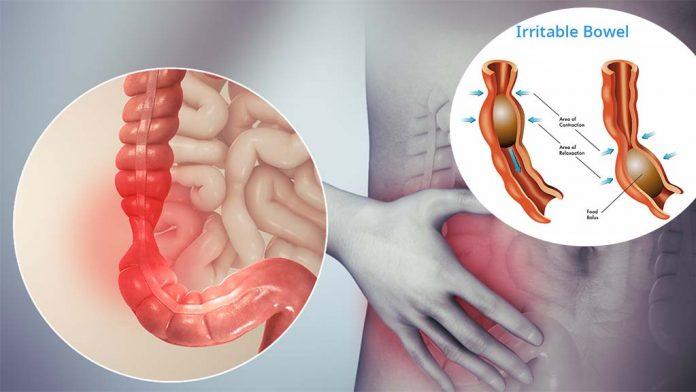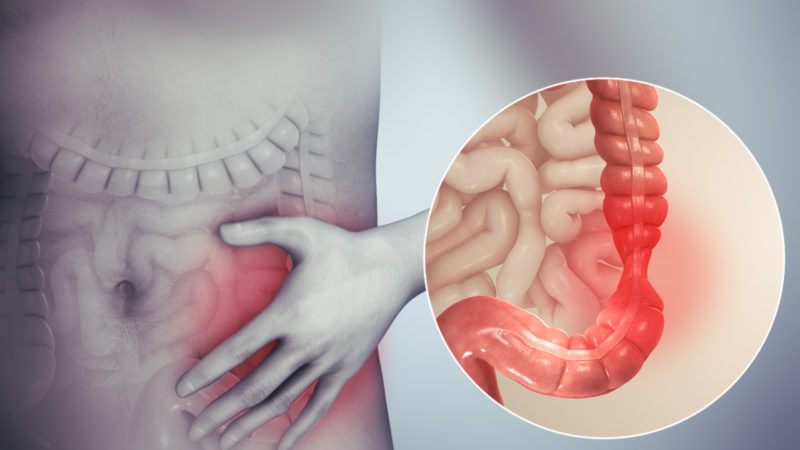Common Nutrient Deficiency and Their Symptoms

You may think that nutrient deficiency only occurs in voyagers and sea sailors of the past. However, even today, it is possible to experience vitamin and nutrient deficiency which your body needs to function optimally every day.
Nutrient deficiency is also responsible for many diseases. For instance, Vitamin D deficiency can lead to osteoporosis which makes the bones brittle, and iron deficiency can cause anemia.
The tell-tale symptoms provide the first clue that your body is lacking essential minerals and vitamins. Here are the most common vitamin deficiency found in people, along with their symptoms and associated health issues.
Calcium Deficiency
Symptoms: Tingling Fingers, Numb, and Abnormal Heart Rhythm
Calcium is an important vitamin for strong and healthy bones and for controlling proper nerve and muscle function. Some common calcium deficiency symptoms include tingling fingers, numb hands, abnormal heart rate. There is no obvious or clear short-term symptom associated with calcium deficiency.
According to health experts, adults need around 1,000 mg of calcium every day. Women over 50 years of age and men over 70 years of age require 1,200 mg calcium each day.
You can get enough calcium from three servings of yogurt or milk. Cheese is a healthy and good source of calcium. However, if you do not like dairy, you can consume calcium via other food items like calcium-fortified orange juice or cereal, leafy green vegetables like broccoli and kale.
Vitamin D Deficiency
Symptoms: Bone Pain, Fatigue, Mood Shifts, and Others
Vitamin D is another very common nutrient deficiency experienced by people, especially women. This vitamin is important for bone health and helps in preventing cancers.
Some tell-tale vitamin D deficiency symptoms are mood changes, fatigue, bone pain, muscle weakness, and aches. If overlooked for a long time, vitamin D deficiency can soften the bones and cause auto-immune diseases.
Most adults require 15 mcg vitamin D every day and people above 70 years of age require 20 mcg Vitamin D. According to health experts, three servings of yogurt or fortified milk, fatty fish like tuna or salmon twice a week are enough to supplement your vitamin D requirements.
Sun is a great source of Vitamin D. It is important to spend some time out in the sun every morning. 10-30 minutes every day is enough to maintain your daily required Vitamin D.
Potassium Deficiency
Symptoms: Constipation, Muscle Weakness, Irregular Heart Rhythm, and Others
Potassium is essential for nerves, heart, and muscles to work properly, deliver essential nutrients to cells, and get rid of waste. Potassium is one such nutrient that helps in combating the negative effects of sodium on blood pressure; its deficiency can cause fluctuations in blood pressure.
Potassium levels in the body can go extremely low when you experience excessive sweating, diarrhea, or consume antibiotics, excessive alcohol, or laxatives. Sometimes potassium deficiency can also occur due to kidney diseases.
Common potassium deficiency symptoms include palpitations, abnormal heart rate, numbness and tingling, constipation, cramps or twitches, weakness.
Some healthy and natural sources of potassium are banana, acorn squash, kidney beans, lentils, milk, bananas, and other legumes. An adult man requires 3,400 mg and a women 2,600 mg potassium every day.
Iron Deficiency
Symptoms: Shortness of Breath, Fatigue, Brittle Nails, Cold Hands, and Feet,
Iron is necessary for the production of red blood cells in the body, which carry oxygen to all parts of the body. When iron levels go extremely low in the body, red blood cells also go down in number, which results in anemia.
People who are more at risk of iron deficiency are growing individuals, menstruating women, people who follow vegan diets.
Anemia can cause symptoms like fatigue, weakness, fast heartbeat, shortness of breath, headache, pale skin, sore tongue, brittle nails, cold feet and hands, and cravings for dirt. The symptoms might start mild in the beginning, but as iron keeps depleting, they become more intense.
To increase iron levels in the body, eat more beef, cereal, beans, oysters, lentils, and spinach. Men and women above 50 years need at least 8 mg and 18 mg iron every day.
Vitamin B12 Deficiency
Symptoms: Fatigue, Numbness, Swollen Tongue, and More
Another common nutrient deficiency in Vitamin B12. Vitamin B 12 helps in the production of red blood cells and improves neurotransmitters. Vegans and vegetarians are more at risk of vitamin B 12 deficiency because they are not found in plants and are only available in non-vegetarian food items.
Common symptoms of vitamin B12 include numbness in hands, legs, feet, problems in walking, anemia, weakness, fatigue, inflamed or swollen tongue, memory loss, or difficulty in thinking. These symptoms can come and go gradually, and you may not be able to notice them for a while.
Adults require at least 2.4 mcg of Vitamin B12 every day. As it is found in animal products, consume more chickens, fish, yogurt, and milk to boost your B12 levels. Reach out for fortified food with B12 if you are a vegetarian, like breakfast cereal or plant-based fortified milk. If you are at risk of Vitamin B 12 deficiency, you can also take multivitamins.
Folate Deficiency
Symptoms: Diarrhea, Fatigue, Smooth Tongue, and More
Folic acid or folate is a B vitamin essential for women who are of childbearing age. This is the reason why prenatal vitamins are loaded with folate. Folate supports healthy function and growth and also reduces the risk of birth defects.
Folate deficiency in the body can decrease the total number of cells along with large red blood cells and lead to neural tube defects in unborn babies.
Folate deficiency symptoms include irritability, fatigue, poor growth, diarrhea, tender, and smooth tongue.
Women trying to get pregnant should take 400 mcg of folic acid every day in addition to consuming foods rich in folate. Folate is the best-absorbed nutrient in the body as a supplement. 85% folate is absorbed as a supplement and 50% from blood.
Consume more beans, cereals, sunflower seeds, peanuts, eggs, whole grains, and dark leafy vegetables to get more folate from blood.
Magnesium Deficiency
Symptoms: Nausea, Fatigue, Loss of Appetite, and More
Magnesium is great for bone health and supporting energy production in the body. Adults need 310 to 420 mg of magnesium every day, depending on age and gender.
Magnesium deficiency is uncommon in healthy people; however, certain health conditions like type 2 diabetes can prevent the body from absorbing magnesium, causing loss of nutrients from the body.
Magnesium deficiency can cause nausea, vomiting, fatigue, loss of appetite, weakness. It can even cause muscle cramps, tingling and numbness, irregular heart rhythms, coronary spasm, and personality changes in severe cases.
To get back your optimal magnesium levels in the body, eat more almonds, peanuts, cashew, black beans, spinach, and edamame.
Final Words:
If you suspect any nutrient deficiency symptoms, you should visit your doctor soon. Getting blood tests done can help in identifying any nutrient, vitamin, or mineral deficiency in the body. You can also refer to a certified dietitian to get a meal plan.
The way to remedy or avoid nutrient deficiency is by eating a nutrient-rich and well-balanced diet. You can also take supplements to combat the risk of any nutrient deficiency.
People with restrictive diets, elderly or pregnant women, are more at risk to experience nutrient deficiency. Check with your doctor to ask about risks and treatments.






